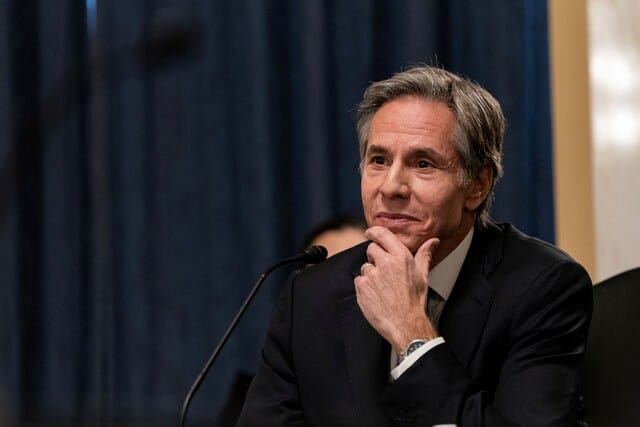American College of Pediatricians Issues Fiery Statement Condemning Child Gender Transition
In a bold move that has sparked mostly support, the American College of Pediatricians (ACPeds) has issued a statement condemning the practice of child gender transition. The statement, released on June 9, 2024, has been met with a mix of praise and criticism, highlighting the ongoing debate surrounding transgender youth
In a bold move that has sparked mostly support, the American College of Pediatricians (ACPeds) has issued a statement condemning the practice of child gender transition. The statement, released on June 9, 2024, has been met with a mix of praise and criticism, highlighting the ongoing debate surrounding transgender youth and their medical care.
The ACPeds, a national association of pediatricians and healthcare professionals, has long been vocal about its concerns regarding the medical and psychological effects of gender transition on children. The recent statement reiterates these concerns and calls on other medical associations to reconsider their stance on the issue.
"As physicians, together with nurses, psychotherapists, and behavioral health clinicians, other health professionals, scientists, researchers, and public health and policy professionals, we have serious concerns about the physical and mental health effects of the current protocols promoted for the care of children and adolescents who express discomfort with their biological sex," the declaration states.
The statement specifically targets the American Academy of Pediatrics (AAP), the Endocrine Society, the Pediatric Endocrine Society, the American Medical Association, the American Psychological Association, and the American Academy of Child and Adolescent Psychiatry. It urges these organizations to "follow the science and their European professional colleagues and immediately stop the promotion of social affirmation, puberty blockers, cross-sex hormones, and surgeries for children and adolescents who experience distress over their biological sex."
The ACPeds' declaration comes at a time when transgender rights and healthcare have become highly politicized topics. Supporters of the statement argue that it is a necessary step in protecting children from potentially harmful medical interventions. They point to research suggesting that gender dysphoria in children is often a temporary condition and that the long-term effects of puberty blockers and cross-sex hormones are not well understood.
Critics, however, argue that the ACPeds' statement ignores the well-established guidelines of major medical associations, which support gender-affirming care as a safe and effective treatment for transgender youth. They emphasize that gender dysphoria is a serious condition that can have severe consequences if left untreated, and that denying transgender children access to appropriate medical care can lead to increased rates of depression, anxiety, and suicide.
The debate over child gender transition is likely to continue as medical professionals, policymakers, and the public grapple with the complex issues surrounding transgender youth and their healthcare. The ACPeds' statement adds fuel to the fire, but it remains to be seen whether it will lead to a reevaluation of current medical practices or further entrench the existing divide.




